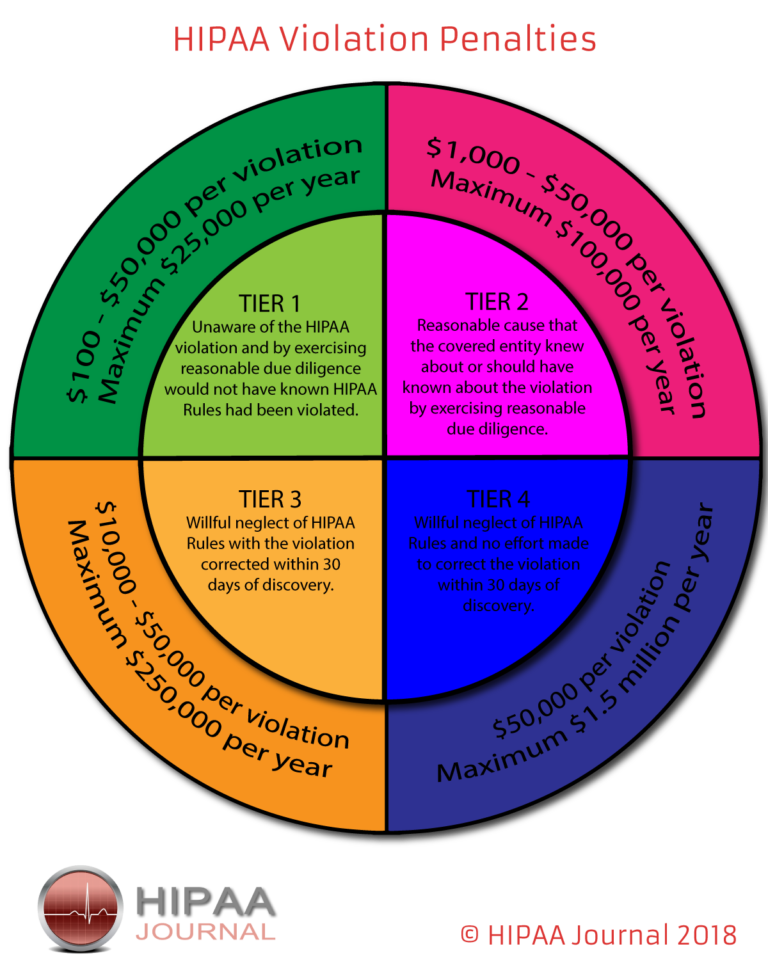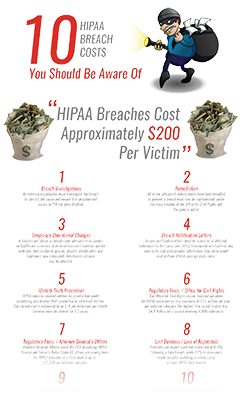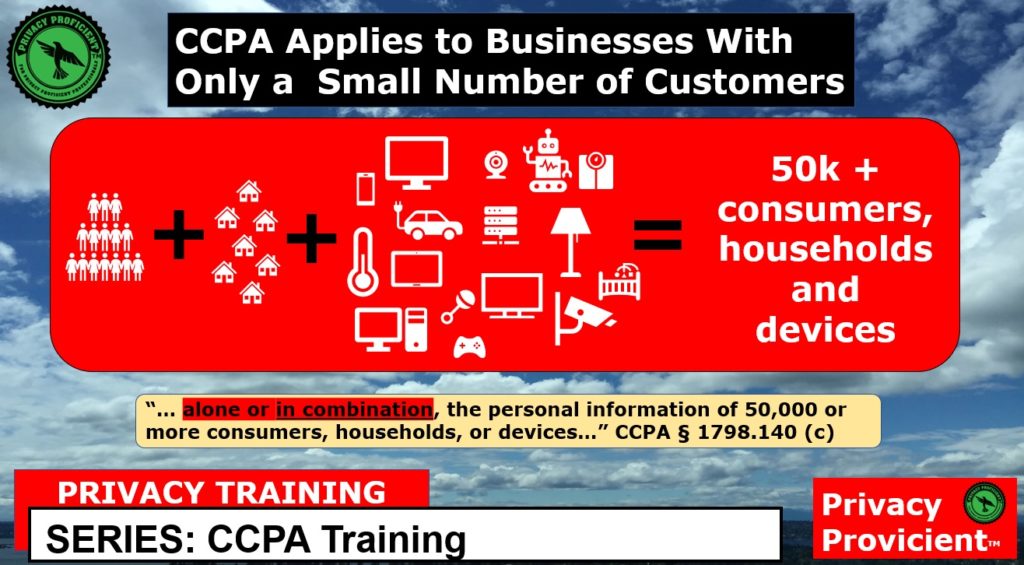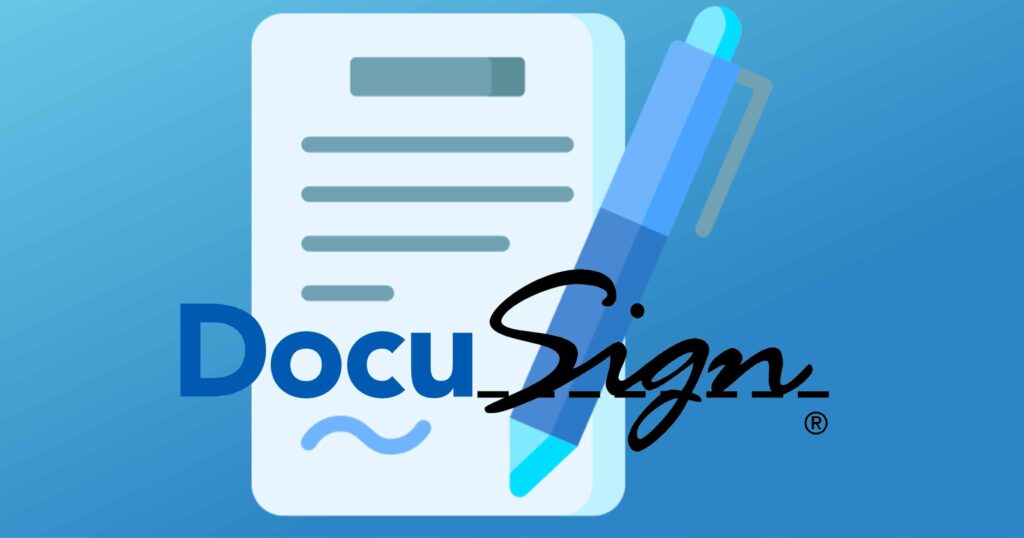We all know how important it is to protect the privacy and security of our patients’ health information. This is even more so with the introduction of the Health Insurance Portability and Accountability Act (HIPAA). HIPAA sets out specific rules for how health information must be handled, and it can be difficult to keep up with all the rules. But what happens if an accidental HIPAA violation occurs? Can you get fired for an accidental HIPAA violation?
The answer is yes, you can get fired for an accidental HIPAA violation. This is due to the fact that HIPAA violations can have serious legal and financial consequences for employers. In some cases, the consequences of an accidental HIPAA violation can be so severe that an employer may decide to terminate the employee responsible. So, it is important to know what constitutes a HIPAA violation and how it could affect your career. In this article, we will explore the potential consequences of an accidental HIPAA violation and what you can do to protect yourself.

Can I get fired for an accidental HIPAA violation?
Accidental HIPAA violations are a serious matter, and can have serious consequences for the employee responsible. Depending on the severity of the violation, an employee may be subject to disciplinary action, including being fired.
What is HIPAA?
The Health Insurance Portability and Accountability Act (HIPAA) of 1996 is a federal law that protects the privacy of patient health information. It establishes standards for the security and privacy of patient health information and creates guidelines for healthcare providers and healthcare organizations to follow. HIPAA also includes provisions for disciplinary action against employees who fail to comply with its rules.
What are the consequences of a HIPAA violation?
A HIPAA violation can result in disciplinary action, up to and including termination. Depending on the severity of the violation, the employer may also be subject to civil and criminal penalties. In addition, an employee who is found to have violated HIPAA may face professional discipline, including being barred from practicing in the healthcare field.
What are some examples of HIPAA violations?
HIPAA violations can include accessing or disclosing patient health information without authorization, failing to secure patient health information, failing to properly dispose of patient health information, or failing to provide patients with access to their health information.
How can I avoid HIPAA violations?
Employees should be familiar with HIPAA regulations and take steps to ensure that they are following the law. Employees should also be aware of their workplace’s HIPAA policies, and follow them to the letter. Additionally, employees should be aware that HIPAA does not allow for the sharing of patient health information with anyone outside of the healthcare organization, and should take steps to ensure that patient health information is kept secure.
What should I do if I make an accidental HIPAA violation?
If an employee makes an accidental HIPAA violation, they should report it to their supervisor or other appropriate personnel immediately. The employee should also take steps to remedy the violation, and ensure that it does not happen again.
Can my employer fire me for an accidental HIPAA violation?
Yes, an employer may choose to fire an employee who has made an accidental HIPAA violation, depending on the severity of the violation. However, employers are generally required to provide employees with an opportunity to correct their mistakes before taking disciplinary action. Additionally, employers must provide employees with due process before firing them for an accidental HIPAA violation.
Frequently Asked Questions
HIPAA (Health Insurance Portability and Accountability Act) is a federal law that sets standards for protecting the privacy and security of certain health information. It applies to all healthcare providers, health plans, and health insurance companies.
Can I get fired for an accidental HIPAA violation?
The short answer is yes, but it depends on the circumstances. If a healthcare provider, health plan, or health insurance company is aware of an accidental HIPAA violation and does not take corrective action, they may be subject to civil or criminal penalties. In addition, employees who deliberately violate HIPAA regulations may be subject to disciplinary action, up to and including termination.
However, if an employee makes an honest mistake, the employer should take into consideration their overall performance, the nature of the HIPAA violation, and any mitigating circumstances. The employer should also provide the employee with an opportunity to correct the mistake and learn from it. If the employee is cooperative, the employer may choose to provide training or other remedial measures, rather than terminate the employee.

In conclusion, HIPAA violations can result in serious consequences, including termination. It is important for healthcare professionals to understand the rules and regulations of HIPAA in order to protect their patients and their own job security. Employers have the right to take action if they believe an employee has knowingly or unknowingly violated HIPAA. Although an accidental HIPAA violation can lead to dismissal, employers should carefully consider the circumstances of the violation before making the decision to terminate an employee. It is important to remember that HIPAA violations are serious and can have lasting effects for both the employee and the organization.


